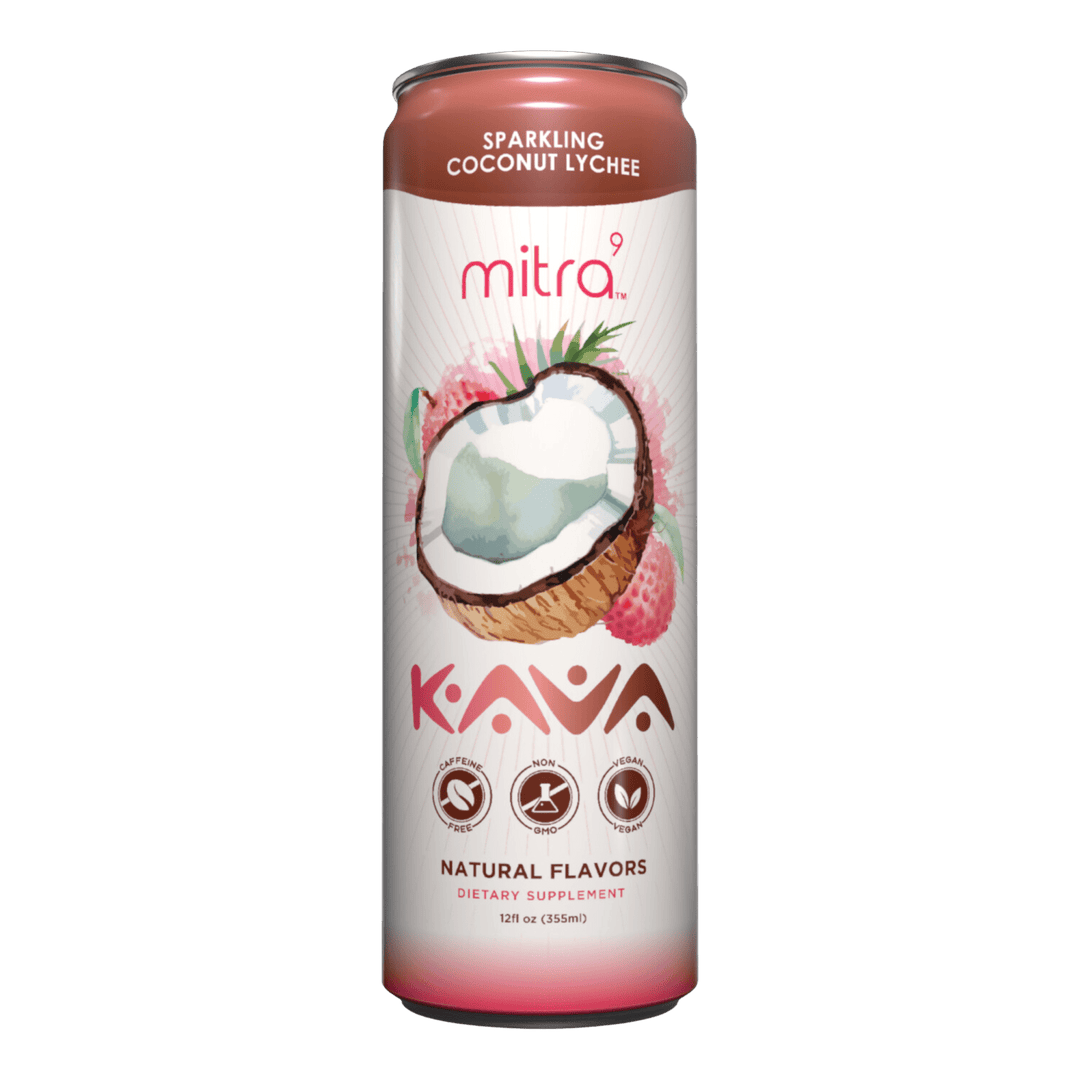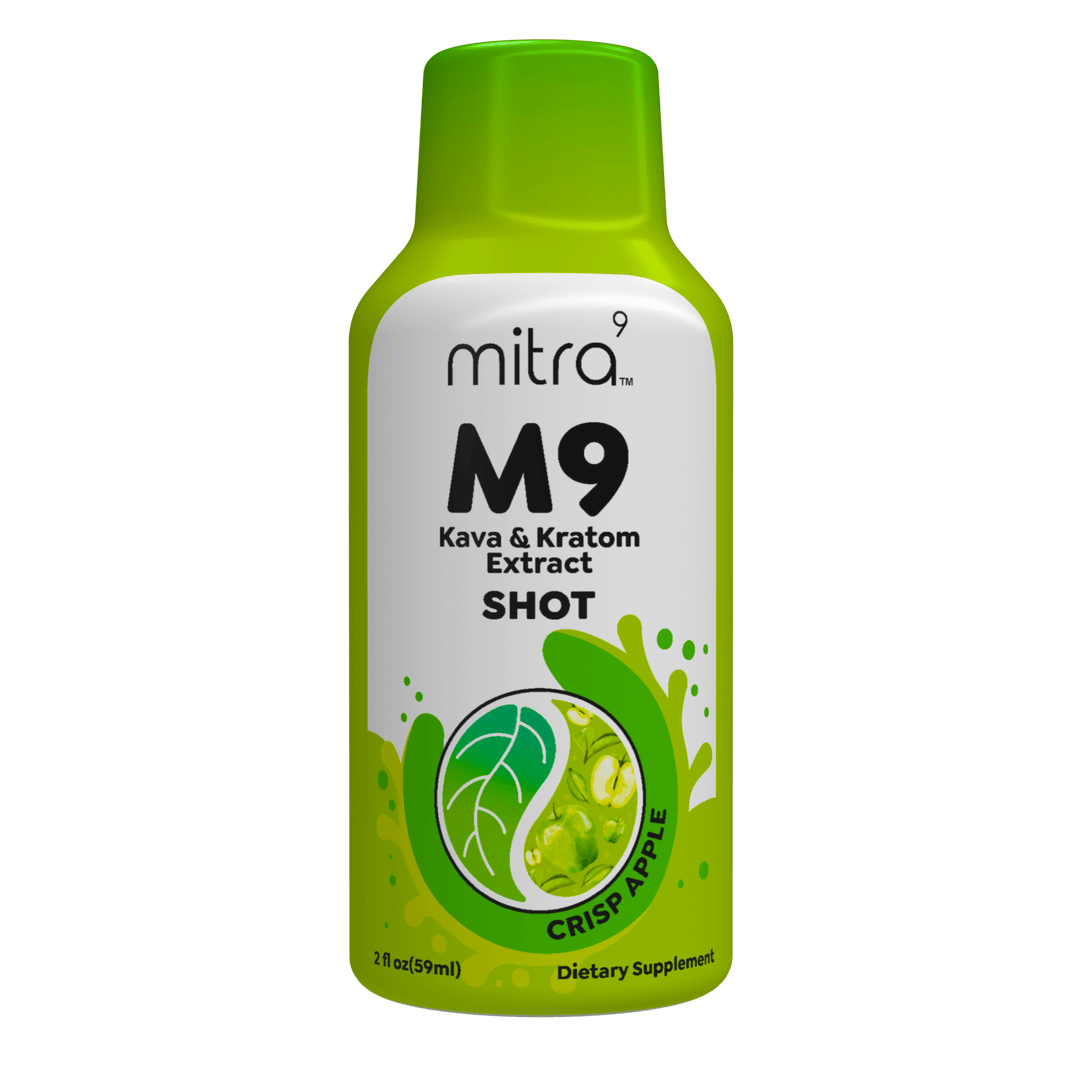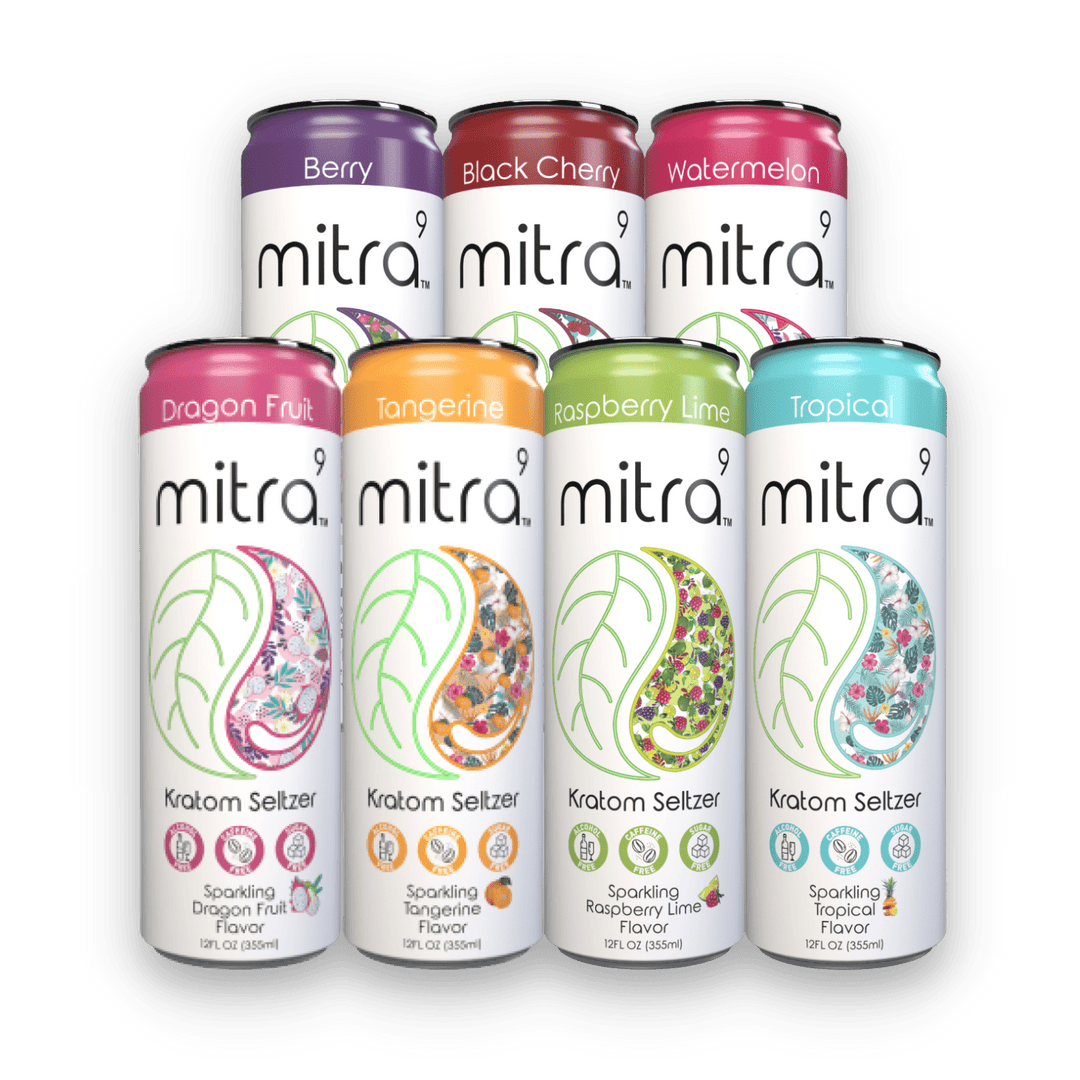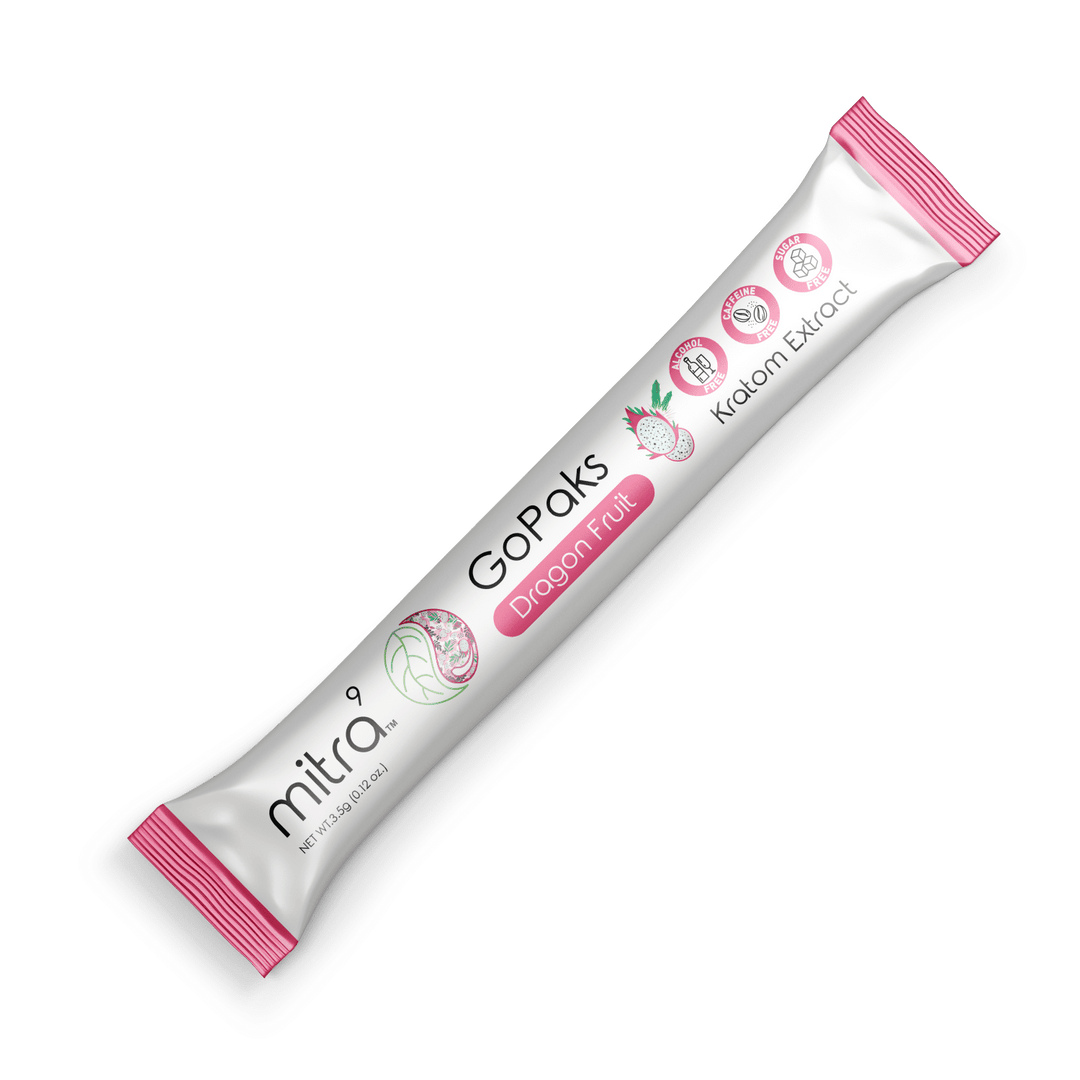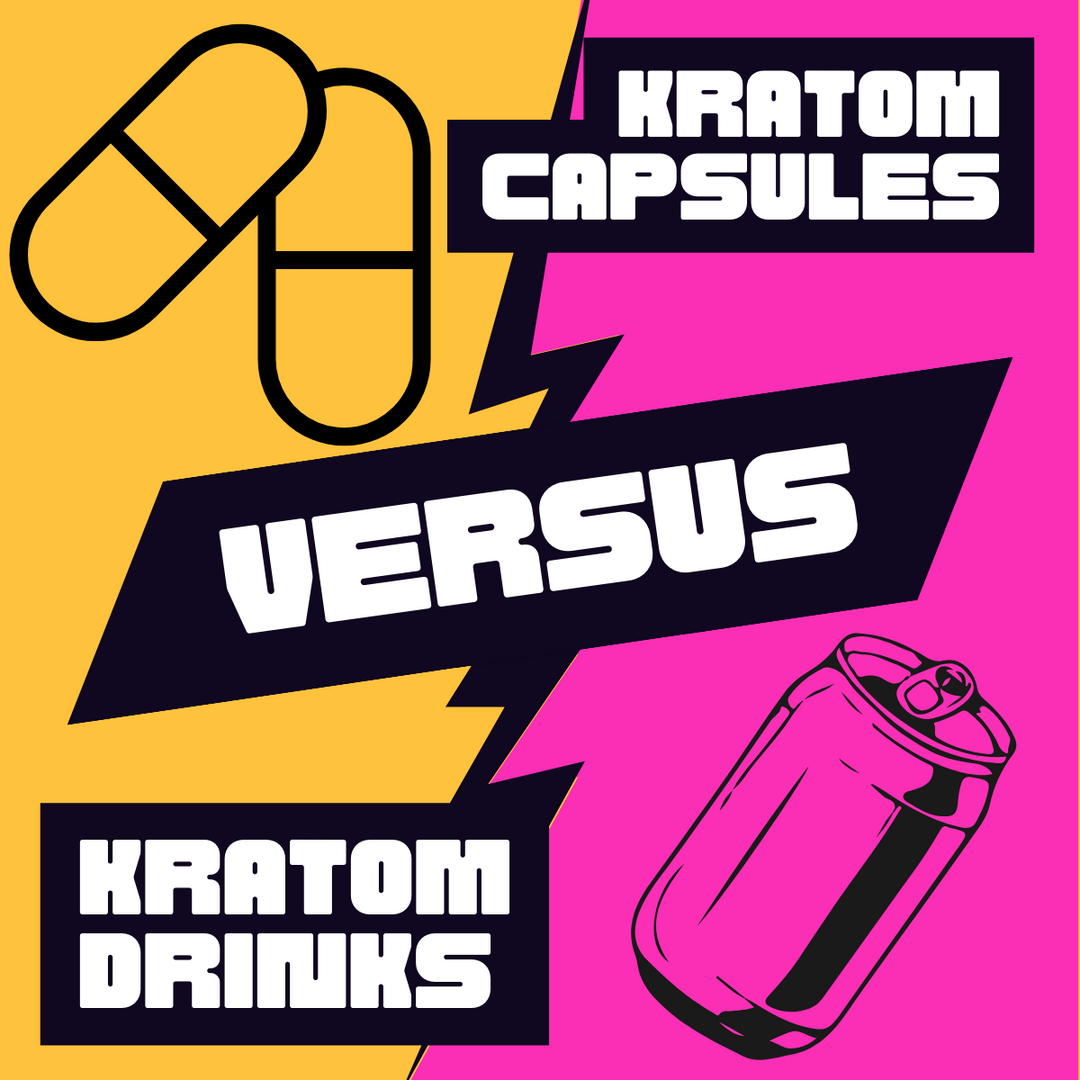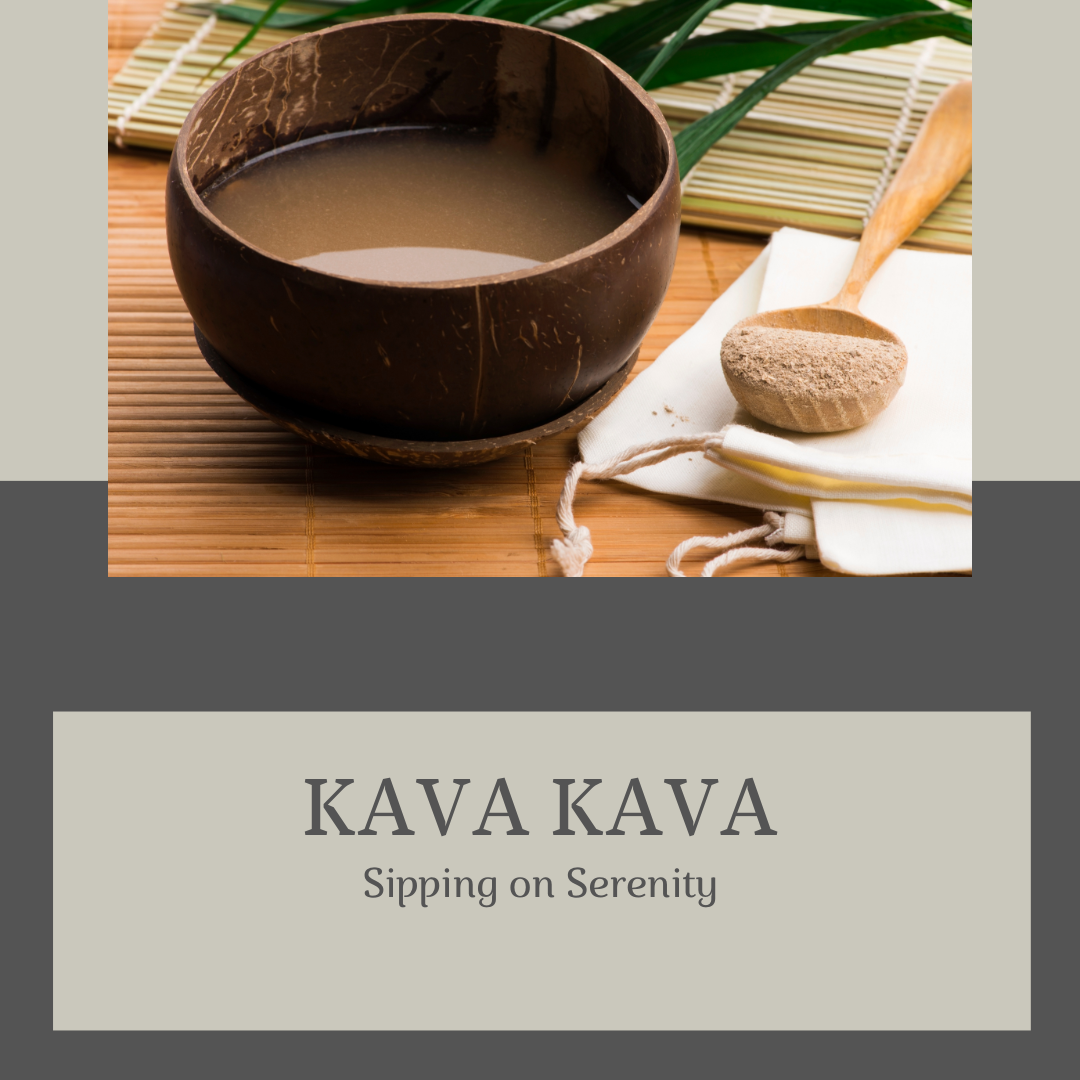Kratom Drinks vs. Kratom Extract Capsules: Understanding Your Options
Kratom, a tropical evergreen tree native to Southeast Asia, has gained considerable attention worldwide for its potential effects on mood, energy, and discomfort relief. Among the various forms in which kratom can be consumed, kratom drinks and kratom extract capsules are two popular choices. Each form offers unique benefits and drawbacks, making it important for consumers to understand their options fully. This article will delve into the differences between kratom drinks and kratom extract capsules, helping you make an informed decision based on your needs and lifestyle.
What is Kratom?
Kratom, scientifically known as Mitragyna Speciosa, is harvested for its leaves, which contain compounds like mitragynine and 7-hydroxymitragynine. These alkaloids interact with receptors in the brain, producing stimulation at lower amounts and chill mode at higher amounts, along with discomfort relief and a potential mood boost.
Kratom Drinks: Pros and Cons
Kratom drinks are prepared by infusing kratom powder or leaves in a liquid. This can be as simple as mixing kratom powder with water or as elaborate as preparing kratom tea or smoothies. Here are some of the advantages and disadvantages of kratom drinks:
Pros:
- Customizable amounts: Kratom drinks allow for flexible amounts. Users can adjust the amount of kratom powder to suit their specific needs, which is harder to do with pre-measured capsules.
- Faster Onset of Effects: When consumed as a drink, kratom is absorbed more quickly by the body compared to capsules. This means the effects can be felt sooner, which is beneficial for those seeking immediate relief.
- Greater Accessibility: Making kratom drinks requires only kratom powder and a liquid, making it an accessible option for many people.
Cons:
- Taste: Kratom is notorious for its bitter taste, which can be off-putting for some users. While this can be masked with sweeteners or other flavorings, it may not be enough for everyone.
- Inconsistent Dose: It can be challenging to achieve a consistent dose with kratom drinks, especially if not measured carefully.
- Preparation Time: Unlike capsules that can be swallowed quickly, preparing a kratom drink takes time, which might not be ideal for those with a busy lifestyle.
Kratom Extract Capsules: Pros and Cons
Kratom extract capsules contain kratom in a concentrated form, which is then encapsulated. These capsules are designed to be easy to consume and carry around. Below are the pros and cons of using kratom extract capsules:
Pros:
- Convenience: Kratom capsules are incredibly convenient. They are pre-measured, easy to take with you, and don’t require preparation time.
- No Taste Issue: Since the kratom is enclosed in a capsule, users don’t have to taste the kratom itself, which is a significant advantage for those who dislike its flavor.
- Discreet Use: Capsules offer a discreet way to consume kratom, as they look like any other supplement or medication.
Cons:
- Delayed Effects: The effects of kratom from capsules may take longer to manifest since the capsules need to dissolve in the stomach first.
- Cost: Extract capsules are often more expensive than kratom powder due to the additional processing and packaging.
- Limited Customization: Unlike kratom drinks, capsules do not allow for flexible dosing. Each capsule contains a fixed amount of kratom, which may not be ideal for everyone.
Choosing Between Kratom Drinks and Kratom Extract Capsules
The choice between kratom drinks and kratom extract capsules largely depends on your personal preferences and lifestyle. If you need quick effects and are comfortable with the preparation and taste, kratom drinks might be suitable for you. On the other hand, if you prioritize convenience and discretion, kratom extract capsules could be the better option.
Safety and Legal Considerations
Regardless of the form, it is crucial to consider the legality and safety of kratom in your location as it varies by country and, in the US, by state. Always ensure you are purchasing kratom from a reputable source to avoid contaminated or adulterated products.
Conclusion
Kratom drinks and kratom extract capsules offer different advantages and cater to varying needs and preferences. By understanding the pros and cons of each, you can make a more informed decision that aligns with your health objectives and lifestyle. Always remember to use kratom responsibly and consult with a healthcare provider if you have any concerns regarding its use.
By integrating these insights into your decision-making process, you can optimize the benefits kratom has to offer while minimizing any potential drawbacks. Whether you choose kratom drinks or extract capsules, the key is to use this herbal supplement safely and effectively.
DISCLAIMER: These statements and products presented on this website have not been evaluated by the Food and Drug Administration FDA. The products mentioned on this website are not intended to diagnose, prevent, treat or cure any diseases or health conditions. Therefore any information on this website is presented solely as the opinions of their respective authorswho in which do not claim in any way shape or form to be medical professionals providing medical advice. Mitra-9.com and its owners or employees cannot be held responsible for, and will not be liablefor the inaccuracy or application of any information whatsoever hereinprovided. By purchasing our products you agree that you are aware andin compliance with your local county, state, or federal regulations. Mustbe 21 years or older to purchase Kratom. The US FDA has not approvedkratom as a dietary supplement. We do not ship to the following states,cities and counties in the US where Kratom is banned: Alabama,Arkansas, Indiana, Rhode Island, Vermont, Wisconsin, Sarasota County, FL, Union County, MS, San Diego, CA, Jerseyville, IL, Oceanside, CA, and Ontario, OR. Furthermore, Kratom is also banned in the following countries where shipment cannot be executed: Australia, Burma, Denmark, Finland, Israel, Lithuania, Malaysia, Myanmar, Poland,Romania, South Korea, Sweden, Thailand, United Kingdom, Vietnam.


